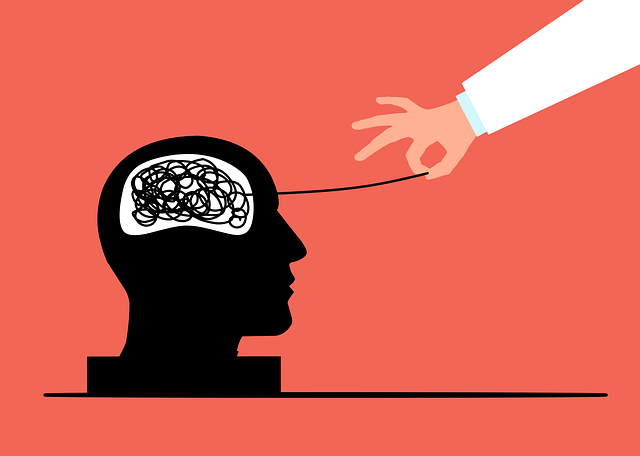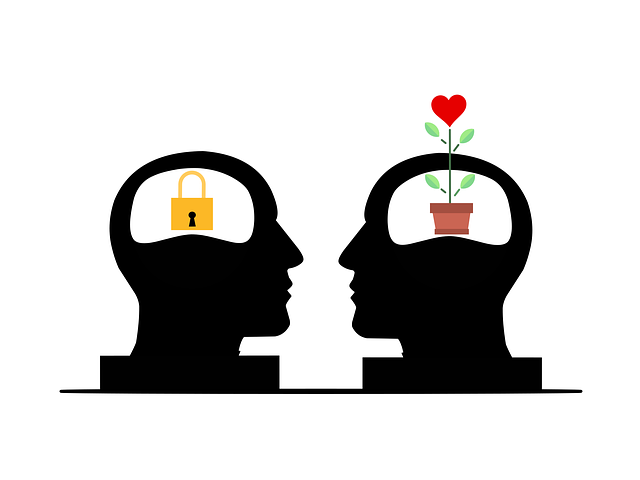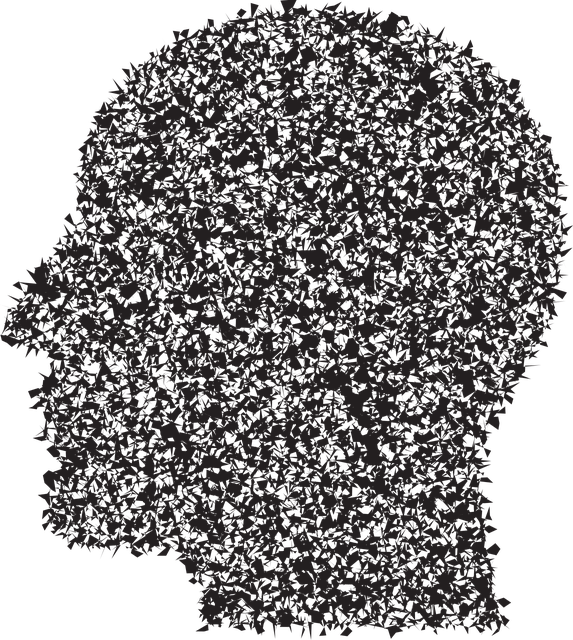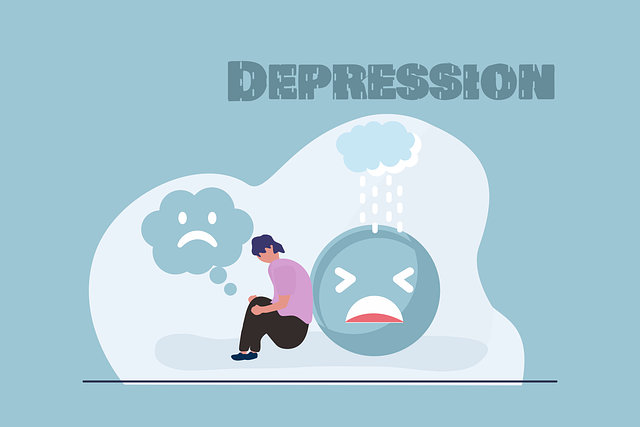Resilience-focused therapies like the RFM Model significantly enhance the well-being of individuals with Autism Spectrum Disorder (ASD) by improving emotional regulation, coping strategies, and social interactions. Tailored interventions using CBT, DBT, and ABA integrate mindfulness, stress management, and trauma support to boost self-efficacy and adaptability. Regular assessments measure success in therapy for ASD, demonstrating the value of these practices in community outreach programs, ultimately improving quality of life.
“Unleashing resilience is a powerful tool in supporting individuals with Autism Spectrum Disorder (ASD) navigate life’s challenges. This article explores the RFM model—a comprehensive framework fostering resilience, flexibility, and motivation. We delve into practical strategies for implementing RFM exercises within daily routines, enhancing coping skills, and improving overall well-being.
Through a combination of therapy and structured activities, individuals with ASD can develop robust adaptive capabilities. Discover how these methods transform lives, offering new perspectives and opportunities for growth in the context of autism spectrum disorder.”
- Understanding Resilience and its Relevance to Autism Spectrum Disorder (ASD)
- RFM (Resilience, Flexibility, and Motivation) Model: A Framework for Building Resilience
- Implementing RFM Exercises in Everyday Life for Individuals with ASD
- The Role of Therapy in Enhancing RFM Skills and Overcoming Challenges
- Measuring Success: Evaluating the Impact of RFM Exercises on Autism Spectrum Disorder
Understanding Resilience and its Relevance to Autism Spectrum Disorder (ASD)

Resilience is a crucial aspect of overall well-being, especially for individuals on the Autism Spectrum Disorder (ASD) journey. Understanding resilience in this context involves recognizing the unique challenges faced by those with ASD and how building mental fortitude can significantly enhance their quality of life. Many people with ASD often experience sensory sensitivities, social communication difficulties, and unique perspectives on the world, which can contribute to heightened stress levels and potential trauma.
Thus, integrating resilience-building exercises into therapy for autism spectrum disorder becomes a powerful tool in Mental Illness Stigma Reduction Efforts. These exercises aim to empower individuals with strategies to cope with life’s challenges, foster a sense of self-efficacy, and promote overall emotional well-being. Social Skills Training, as part of these efforts, can enhance their ability to navigate social interactions, manage anxiety, and build meaningful connections, thereby improving their overall resilience and quality of life. Trauma Support Services also play a pivotal role in this process, helping individuals process past traumas and develop healthy coping mechanisms.
RFM (Resilience, Flexibility, and Motivation) Model: A Framework for Building Resilience

The RFM Model offers a comprehensive framework for cultivating resilience, particularly beneficial for individuals with Autism Spectrum Disorder (ASD) navigating challenges related to their mental health and well-being. This innovative approach focuses on three key pillars: Resilience, Flexibility, and Motivation. By enhancing these aspects, the model equips individuals with effective coping strategies to manage stress, adapt to change, and maintain a positive mindset.
Resilience is developed through various exercises designed to strengthen emotional regulation skills, fostering an individual’s ability to bounce back from setbacks. Conflict resolution techniques, often incorporated into this process, empower people on the autism spectrum to navigate social interactions and communication more effectively. In addition, Mental Illness Stigma Reduction Efforts play a crucial role in promoting self-acceptance and building resilience against societal perceptions. Mindfulness meditation is another valuable tool, teaching individuals to stay present and cultivate a sense of calm, thereby improving their overall flexibility in handling different situations.
Implementing RFM Exercises in Everyday Life for Individuals with ASD

Implementing RFM (Resilience, Flexibility, and Mindfulness) exercises in everyday life can significantly benefit individuals with Autism Spectrum Disorder (ASD). These practices are designed to enhance coping strategies and promote emotional well-being. For instance, mindfulness techniques teach individuals to focus on the present moment, reducing anxiety and sensory overload often experienced by those with ASD.
Cultural sensitivity in mental healthcare practice is essential when introducing RFM exercises. Therapists should adapt these activities to suit individual needs and cultural backgrounds, ensuring effective trauma support services. Stress management workshops organized for this population can include a range of strategies, from breathing exercises to visual aids, making them accessible and engaging. These interventions not only aid in managing symptoms but also foster a sense of autonomy and self-care, crucial aspects of therapy for autism spectrum disorder.
The Role of Therapy in Enhancing RFM Skills and Overcoming Challenges

Therapy plays a pivotal role in enhancing RFM (Resilience, Flexibility, and Mastery) skills among individuals with Autism Spectrum Disorder (ASD). Through tailored interventions, therapy helps break down complex social and emotional challenges into manageable components. Techniques such as cognitive-behavioral therapy (CBT), dialectical behavior therapy (DBT), and applied behavior analysis (ABA) offer effective frameworks for building resilience and self-esteem improvement. These therapies teach individuals coping strategies to navigate stress and crises, fostering a sense of control and empowerment.
Moreover, therapy provides crisis intervention guidance, equipping individuals with tools to recognize and manage emotional triggers. By addressing underlying fears and uncertainties, therapists help clients develop adaptive behaviors in response to challenging situations. This proactive approach not only enhances overall well-being but also prepares individuals for future adversity, fostering a more resilient mindset.
Measuring Success: Evaluating the Impact of RFM Exercises on Autism Spectrum Disorder

Measuring the success of any therapy for Autism Spectrum Disorder (ASD) is paramount to understanding its effectiveness. When it comes to RFM (Resilience, Flexibility, and Mindfulness) exercises, evaluation methods should focus on assessing changes in participants’ emotional regulation, adaptability, and overall well-being. These exercises are designed to enhance resilience, a key aspect of mental health education programs tailored for individuals with ASD. By integrating stress reduction methods into their routines, participants can learn to navigate challenging situations more effectively.
Community outreach program implementation often includes these RFM practices, aiming to foster a sense of calm and control in individuals on the spectrum. The impact can be profound, leading to improved social interactions and communication skills. Regular assessments before and after the programs can reveal significant advancements, demonstrating the value of such interventions. This data-driven approach ensures that therapy is tailored to meet the unique needs of those with ASD, ultimately improving their quality of life.
The RFM model offers a comprehensive approach to building resilience in individuals with Autism Spectrum Disorder (ASD), fostering flexibility and motivation. By integrating these exercises into daily routines, therapy for ASD can significantly enhance coping strategies and overall well-being. Measuring the impact through evaluation ensures that interventions are tailored to meet each individual’s unique needs, ultimately revolutionizing how we support folks on the spectrum in navigating life’s challenges.










